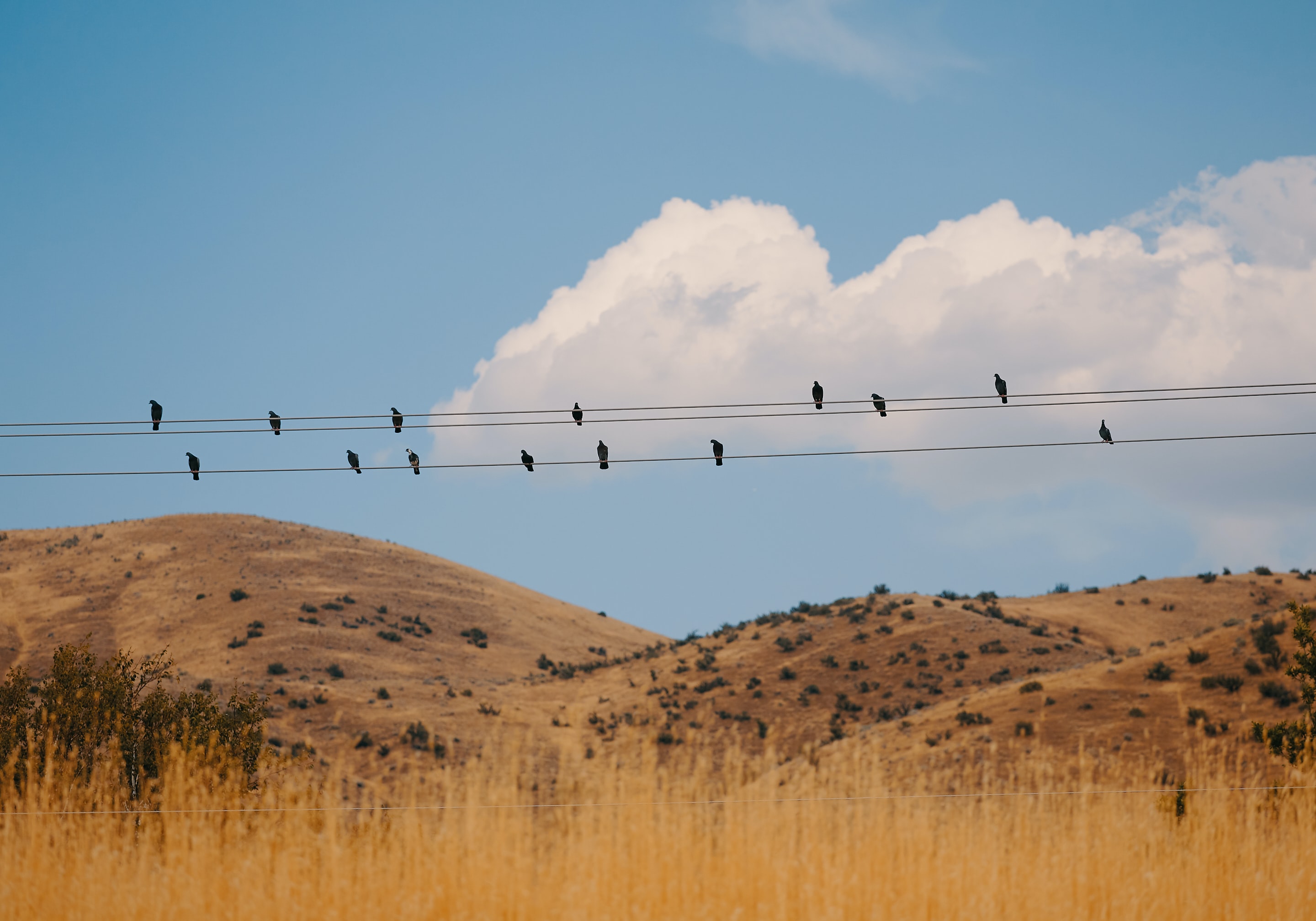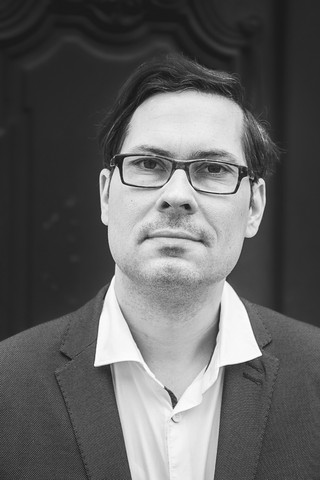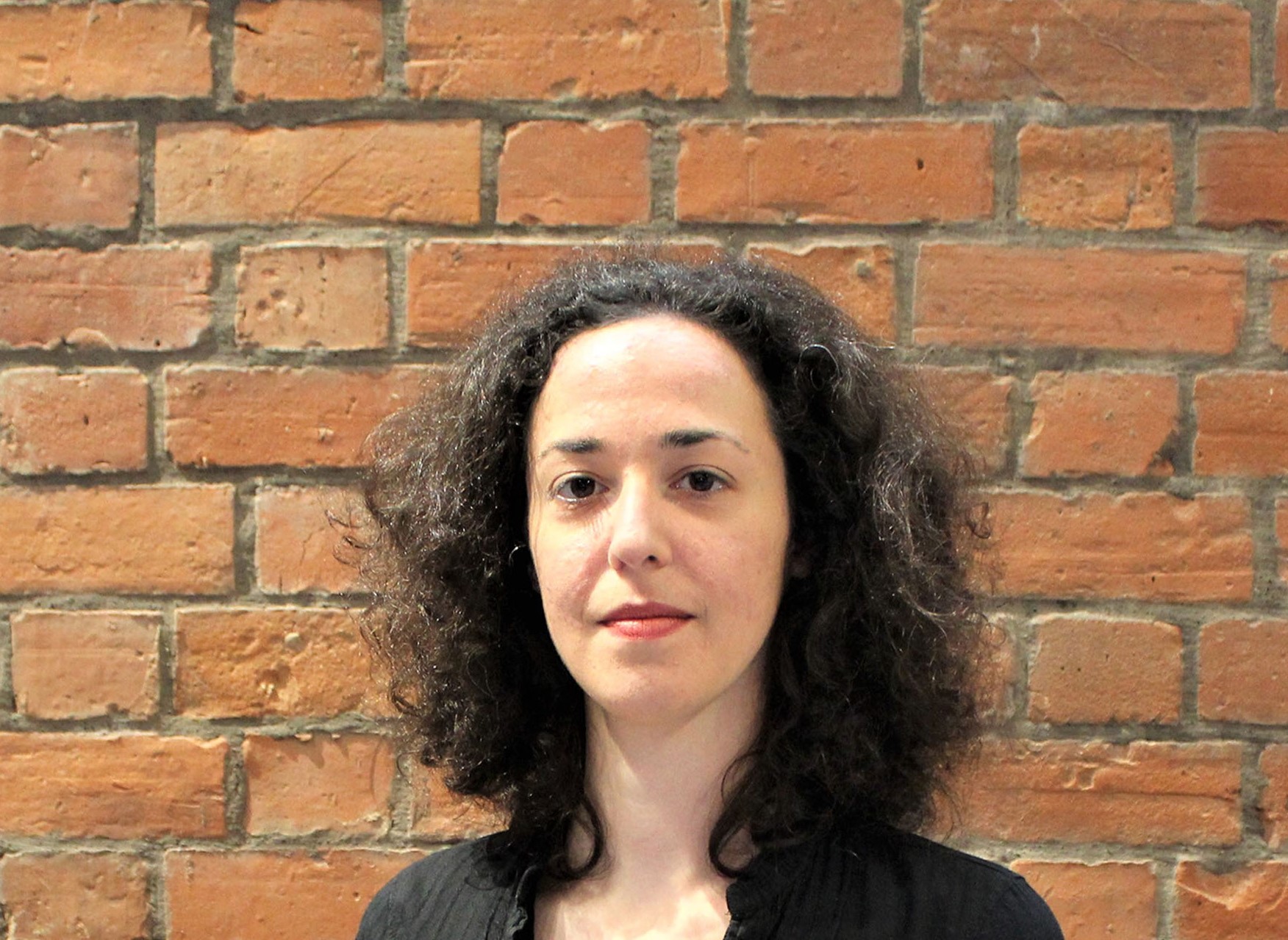[If you missed the first part of the interview, discussing the value of studying music and migration, you may read it here].
CK: Host societies tend to imagine refugees as silent. However, ignoring the sound of this experience inevitably involves imposing silence. What does the absence of sound indicate about established perceptions of migration?
EP: The politics of silencing in the camps are indicative of how host societies tend to imagine refugees. A good camp is a silent camp: someone should not make noise - music is beyond consideration. Consequently, social workers are ‘deaf’; they do not listen to the humans sheltering in a camp, nor the potentials of integration embedded in music, sound, playing an instrument or having musical knowledge. These potentials are silenced, muffled by the policy, by the camp administration, as well as by our cultural institutions, as I explore in my article ‘Dangerous Fields - Existentiality, Humanity and Musical Creativity in German Refugee Camps’ (Pistrick 2020).
CK: What do the policies in place and the ongoing music projects show about the ‘silences’ imposed on refugee musicians?
EP: Someone playing a musical instrument other to Western European tradition, for example bağlama (a type of plucked long-necked lute popular particularly in Anatolia), can hardly access the German Music Education System, or find a teaching or performing venue. While diversity is encouraged, Arab musical instruments, or songs, have only recently started to become part of the curriculum. These difficulties constitute absences and silences, showcasing currently impossible forms of musicking for migrants. Furthermore, I would definitely argue for the urgency of long-term projects. Since 2015, small activist as well as institutionalized EU-funded music projects, have been flourishing, having a duration of three years maximum. However, the long-term impact on the musicians’ social status is negligible, if any. We must overcome the logic of ‘events of diversity’ celebrating individual refugee musicians as examples of accomplished integration. Instead, our cultural institutions and education system should embrace migrant musicians. They should acquire space to develop on their own. We must make space for refugee musicians’ creativities.
Accordingly, I include workshops in my seminars. My project ‘Köln-Ouagadougou' in the Summer Semester of 2021 - amidst the pandemic - brought together musicians from Burkina Faso, classically trained musicians from the Cologne University of Music and Dance, and music education students from the University of Cologne. Realizing a participatory music production in the studios of the West-African community in Hamburg was not only a unique experience for the African refugee musicians, who were able to record an album during the pandemic, but also for the students who had a live experience of how "cultural participation" may sound like. We blended rap, pop, and religious music in an immensely embodied experience that a seminar room could never accommodate. The recorded album - to be released in February 2022 -, incorporates shared values, space and creativity. Additionally, such a project disrupts the double marginalization refugee musicians face, lacking access to music production resources, stages, and audiences. The pandemic has exacerbated their isolation, as they cannot afford producing music in a home studio.
CK: What challenges does a researcher into music and migration face?
EP: Dedicating to such a topic involves abandoning any comfort zones of Anthropology, as exemplified by certain conventions pertaining to classical ethnographic research: a specific community, a specific repertoire, language, and even participant observation. The researcher becomes an ‘observant participator’ (see Seim, 2021), actively engaging in any kind of performance. Though I’m not a musician, I sing, and this has definitely helped me. I considered myself a mediator among refugee musicians, in contexts that were by default hybrid, defined by various musical cultures, musical instruments, and languages. Not being attached to a specific musical culture, meant being non-biased, ‘hands-free’ and ‘mind-free’ to mediate among the different traditions and explore the connecting points. What would the connecting point be for example between a Kurdish musician and a rap musician from Niger? They were sitting opposite to each other, and while the one was singing about the plight of Kurdish people, the other improvised a political rap song about the situation in Niger. Such a dialogue cannot happen automatically, without a mediator, considering the multiple challenges involved, such as language barriers, possible preconceptions undermining mutual trust, and so on. Sharing, offering spaces, and acting as a mediator in such settings, can pave the way for new views that reveal the underlying potential. Moreover, it’s imperative to maintain professional distance. Finally, instead of attempting radical interventions in a given situation, we should rather amplify what is already there and maximize its outreach.

Photo by Vidar Nordli-Mathisen on Unsplash
References:
Pistrick, E. (2020) Dangerous Fields - Existentiality, Humanity and Musical Creativity in German Refugee Camps. Violence: An International Journal 2(1), 1-22.
Seim, J. (2021). Participant Observation, Observant Participation, and Hybrid Ethnography. Sociological Methods & Research. https://doi.org/10.1177/0049124120986209
Assoc. Prof. Dr Eckehard Pistrick teaches Ethnomusicology at the University of Cologne and is a researcher in Migration Studies, Communication and Media, Ethnomusicology and Cultural Anthropology. He earned his PhD in ethnomusicology at Université Paris-Ouest-Nanterre, France and the University of Halle, Germany.
[Photo credits: Florian Bachmeier]
Chrysi Kyratsou is a PhD student in Anthropology/Ethnomusicology at Queen’s University Belfast. Her PhD project explores the role of music in the everyday life of refugees sheltering in Greek reception centres, and aims to provide insights into the emerging potentials for multiple inclusions.
